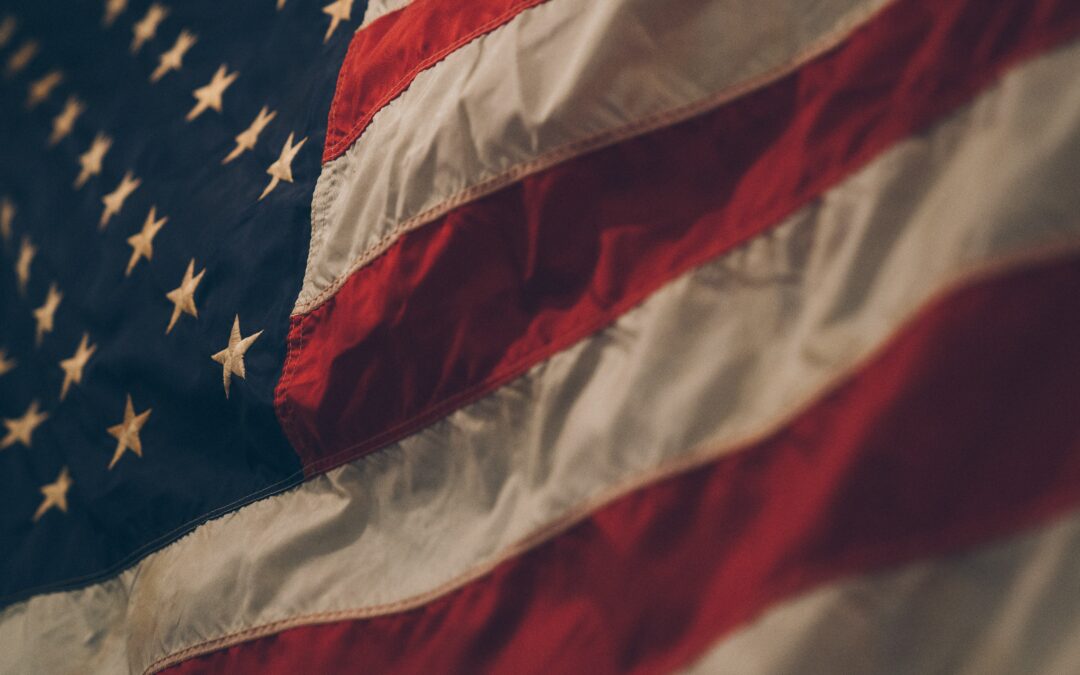In late November, the Small Business Administration (SBA) published its final rule establishing the new Veteran-Owned Small Business (VOSB) and Service-Disabled Veteran-Owned Small Business (SDVOSB) certification program, effective January 1, 2023. Under this final rule, the Department of Veterans Affairs’ (VA) certification program is eliminated, and VOSBs and SDVOSBs will need to be certified by SBA in order to pursue sole source or set-aside awards.
How does that impact my business?
If you are currently a certified VOSB or SDVOSB under the Center for Verification and Evaluation (CVE), SBA will add one year to the end of your certification. That is, if you currently have two years remaining on your certification, you now have three years remaining. SBA will roll out a new platform for certification on January 1, and existing CVE-certified VOSBs and SDVOSBs will receive an email invitation to join the new platform, on which firms will be able to claim their certification.
If your firm is currently a self-represented SDVOSB, SBA has granted a one-year grace period beginning January 1, during which time self-represented firms will be able to continue to pursue non-VA sole source and set-aside awards. Self-represented firms will, however, need to submit an application to the SBA certification program by the end of the one-year grace period in order to continue pursuing such awards.
Firms that are not currently certified VOSB or SDVOSB will need to apply under the new program in January. SBA will no longer recognize third-party certifications for VOSB or SDVOSB firms, so firms that are third-party certified will also need to submit a new application to SBA in order to remain certified.
Has there been any changes to eligibility or program requirements?
There have been no changes to the eligibility requirements. Firms still must be (1) registered in SAM.gov, (2) a small business according to SBA’s size standards, and (3) at least 51% owned and controlled by a Veteran or Service-Disabled Veteran in order to pursue VOSB or SDVOSB certification. The final rule does make a change to reciprocity rules, allowing firms that are current participants in either the 8(a) or WOSB programs to use that certification to apply to the VOSB/SDVOSB program.
One significant change in program requirements is that certification is no longer specific to NAICS codes. SBA will instead offer certification based on whether or not your firm is small under SBA size standards. That is, as long as your firm is small in at least one of the NAICS codes listed in your SAM.gov profile, then you are considered to be a small business for the purposes of the certification program.
Further, SBA has not yet released an official required documentation checklist, but has confirmed that documentation requirements have been significantly reduced for VOSB and SDVOSB applications. The VA will now validate veteran status, so there is no longer a requirement to upload any verification documents. Additionally, applicants will no longer be required to upload tax returns for themselves or the company in the initial application process. SBA may request additional information as they review and screen that application, but the new default is to collect less documentation on the front end of the certification process.
What next?
If you are interested in pursuing VOSB or SDVOSB certification under the new SBA certification program, give us a call or visit SBA’s website to get started. Before starting your application, be sure to review and update your profile on SAM.gov to ensure that your information is up to date. Email us at team@govcontractpros.com so we can get to know you and identify how we can best help with your VOSB/SDVOSB application or continuing eligibility.


Recent Comments